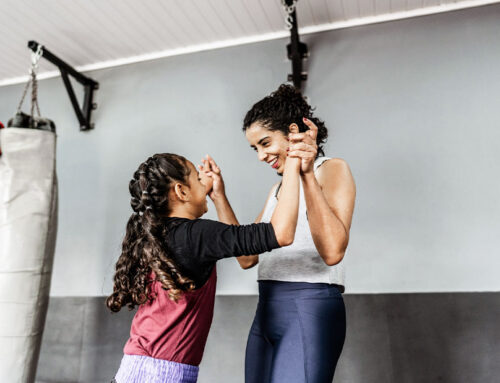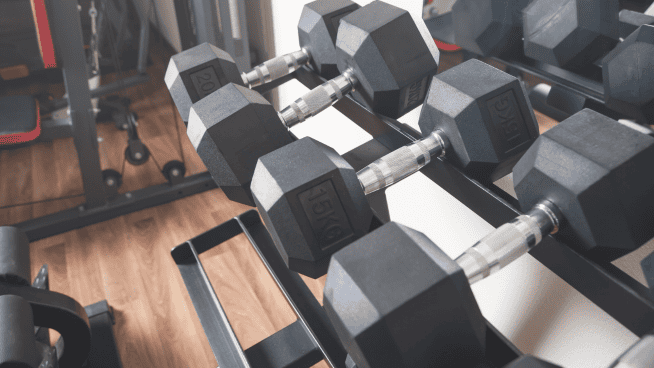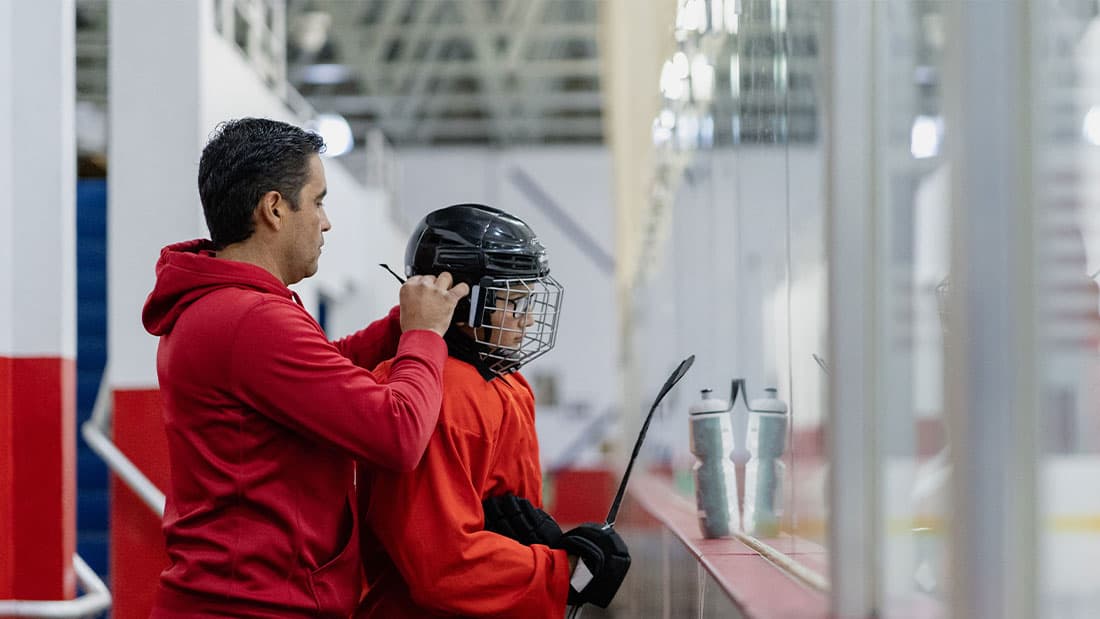Steve Kerr On the One Thing Every High School Coach Should Do Before Their Season
Steve Kerr knows improvement.
As a player at Pacific Palisades High School in Los Angeles, he was not a highly touted recruit. But his shooting skills were impressive enough to earn him a scholarship from the University of Arizona—which turned out to be his one and only offer. Kerr took them up on it and blossomed into an All-American in Tucson. He set an NCAA record for 3-point percentage his senior season before being drafted by the Phoenix Suns in the second round of the 1988 NBA Draft. He went on to win five NBA titles as a player and still holds the NBA record for highest career 3-point percentage for any player with at least 250 3-pointers made.
Kerr, who’s now the head coach of the Golden State Warriors, reflects on the impact parents can have on their child’s athletic development—for better or worse.
“I found as a kid growing up that I developed better and had more fun because my parents never tried to fight a battle for me with a coach. They hardly said anything. They went to the games and supported me, but they weren’t screaming like ‘Keep your eye on the ball!’ That’s just what I see with youth sports today, is parents being overzealous (and) putting more pressure on their kids, then the dynamic that creates with the coach. It’s really a shame. I’d like to see more parents just let their kid develop and figure it out on (their) own, it’s a much better way to learn,” says Kerr, who was also a standout baseball player in high school. Allowing a kid to navigate their own ups-and-downs in sports helps build resiliency and teaches them responsibility, skills that will serve them well long after their playing days have ended.
As for the coaches who are forced to deal with overzealous parents, Kerr recommends a preseason meeting where the coach can establish a code of conduct for themselves, their athletes, and the parents.
“Maybe the best thing about the NBA is that the parents are not a factor. I’ve never had a parent call me or text me—and I know, if you’re a high school coach, that’s probably your biggest challenge. I have friends who coach in high school and college and I’ve asked them that question (of how to handle parents), and probably the best answer I’ve got was (at) the very beginning of the season, have a meeting with all the parents and lay it out there. I’m going to play who I think can help us win, my door’s always open, but don’t call me after a game, you’re not allowed at practice—whatever your rules are, you gotta lay them out there,” Kerr says.
To find this full resource and over 2,000 others from Positive Coaching Alliance, head over to pcadevzone.org.
Positive Coaching Alliance is dedicated to building Better Athletes, Better People and is a proud contributor to STACK.
READ MORE:
RECOMMENDED FOR YOU
MOST POPULAR
Steve Kerr On the One Thing Every High School Coach Should Do Before Their Season
Steve Kerr knows improvement.
As a player at Pacific Palisades High School in Los Angeles, he was not a highly touted recruit. But his shooting skills were impressive enough to earn him a scholarship from the University of Arizona—which turned out to be his one and only offer. Kerr took them up on it and blossomed into an All-American in Tucson. He set an NCAA record for 3-point percentage his senior season before being drafted by the Phoenix Suns in the second round of the 1988 NBA Draft. He went on to win five NBA titles as a player and still holds the NBA record for highest career 3-point percentage for any player with at least 250 3-pointers made.
Kerr, who’s now the head coach of the Golden State Warriors, reflects on the impact parents can have on their child’s athletic development—for better or worse.
“I found as a kid growing up that I developed better and had more fun because my parents never tried to fight a battle for me with a coach. They hardly said anything. They went to the games and supported me, but they weren’t screaming like ‘Keep your eye on the ball!’ That’s just what I see with youth sports today, is parents being overzealous (and) putting more pressure on their kids, then the dynamic that creates with the coach. It’s really a shame. I’d like to see more parents just let their kid develop and figure it out on (their) own, it’s a much better way to learn,” says Kerr, who was also a standout baseball player in high school. Allowing a kid to navigate their own ups-and-downs in sports helps build resiliency and teaches them responsibility, skills that will serve them well long after their playing days have ended.
As for the coaches who are forced to deal with overzealous parents, Kerr recommends a preseason meeting where the coach can establish a code of conduct for themselves, their athletes, and the parents.
“Maybe the best thing about the NBA is that the parents are not a factor. I’ve never had a parent call me or text me—and I know, if you’re a high school coach, that’s probably your biggest challenge. I have friends who coach in high school and college and I’ve asked them that question (of how to handle parents), and probably the best answer I’ve got was (at) the very beginning of the season, have a meeting with all the parents and lay it out there. I’m going to play who I think can help us win, my door’s always open, but don’t call me after a game, you’re not allowed at practice—whatever your rules are, you gotta lay them out there,” Kerr says.
To find this full resource and over 2,000 others from Positive Coaching Alliance, head over to pcadevzone.org.
Positive Coaching Alliance is dedicated to building Better Athletes, Better People and is a proud contributor to STACK.
READ MORE:










